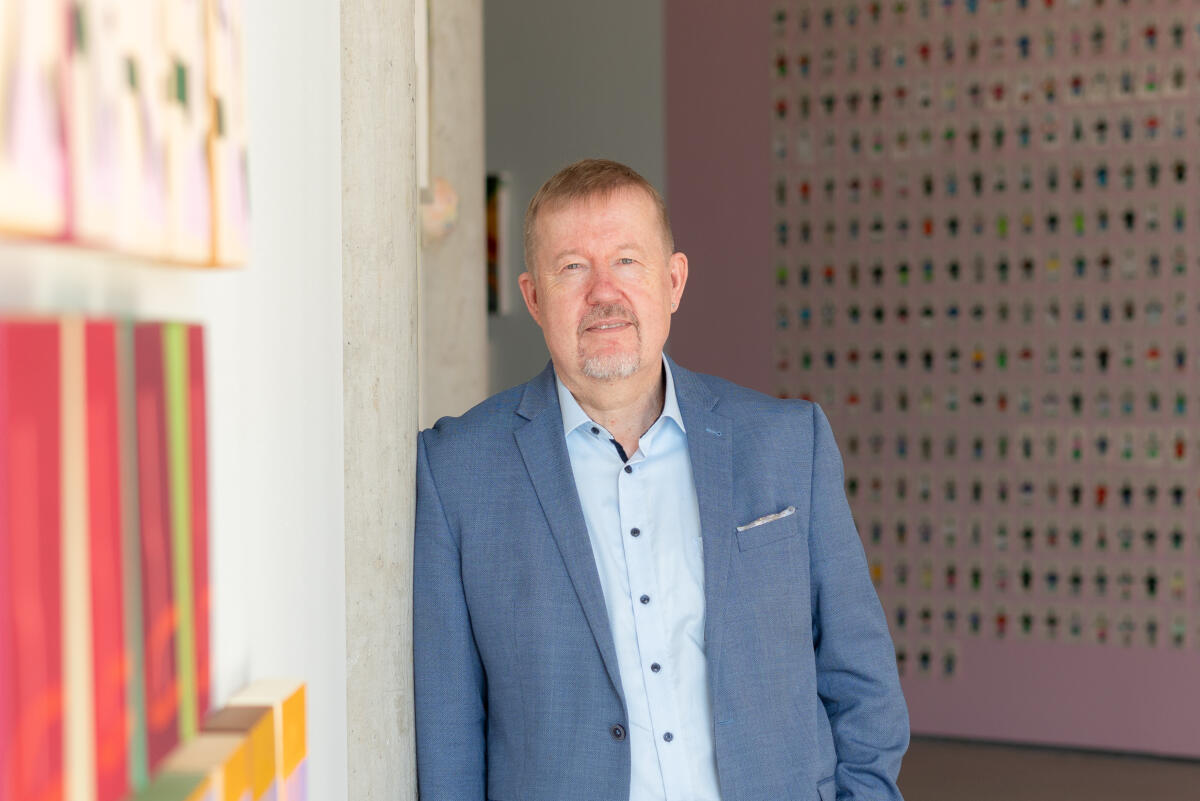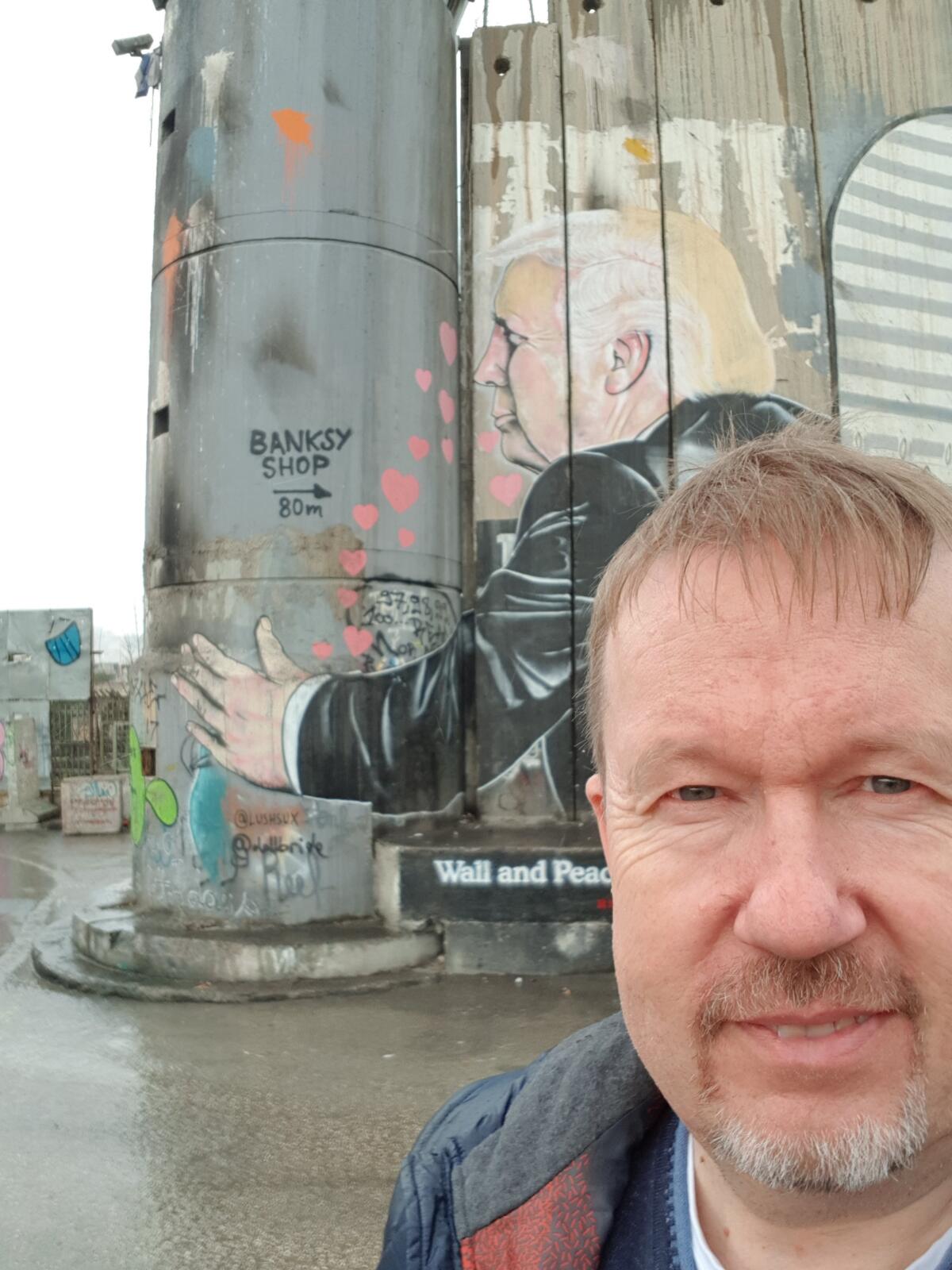New Vice Rector for Education Tapio Kujala wants to promote student mobility and increase joint studies
The recently selected vice rector wants to contribute to making Uniarts Helsinki a prominent and impactful operator in society. He finds it important that the university meets the challenges of changing times and supports students in discovering alternative employment paths.

Tapio Kujala began serving as the vice rector for education in August 2024. After a four-week orientation period, his head is full of ideas.
“One concrete example of something I would like to promote is increasing joint studies. The curriculum reform was a great step in the right direction, as now there are dedicated weeks for joint teaching and more joint teaching in the first place.”
The new curricula, which were introduced this autumn, include joint general studies that all students complete as part of their bachelor’s degrees. In these university-level studies, students come together across academy and artistic discipline lines.
“I have received feedback from students about their wish to interact with each other more. Optional studies are a good start, but students hope to also have more joint compulsory studies as part of their core studies,” Kujala says.
Uniarts Helsinki’s duty is to support students in finding new employment paths
Tapio Kujala has an extensive work history in the higher education sector. Before his vice rector position at Uniarts Helsinki, Kujala served as president-managing director of Tampere University of Applied Sciences in 2021–2024 and as CEO-rector of Diaconia University of Applied Sciences in 2016–2020. One thing that he thinks that connects students at different universities is the fear of graduation and transitioning to working life.
“Graduation is always a jump into the unknown. Uniarts Helsinki students are at an even more demanding position, because many of them graduate as freelancers.”
Kujala finds that it is Uniarts Helsinki’s duty to provide students with support both during their studies and after their graduation. It is especially important in a situation where working life and societal structures are changing rapidly.
“It is our duty at Uniarts Helsinki to help our students figure out their employment options and reflect on the kind of skill set that we could offer them. We must offer the kind of know-how that helps them find their own place in the job market.”
Uniarts Helsinki’s work for coming up with new employment paths has already begun, thanks to initiatives like the Uniarts Hub pre-incubator programme, which has promoted entrepreneurship in the arts since 2022. The programme offers information and support for developing entrepreneurship skills and serves as a test platform for artists’ and arts students’ business ideas.
Mission to defend culture and education
According to Tapio Kujala’s vision, Uniarts Helsinki will evolve into a more active influencer in the creative industries and in the sphere of public discussions going on in society. Kujala’s suggestion for increasing public discussions is to pair off Uniarts Helsinki experts with people who do not recognise the value of culture in society.
Kujala believes that an open and constructive dialogue between different views could not only increase understanding of the importance of art but also help find new ways to integrate culture and art as part of the broader development of society.
“It’s important that artists don’t stay in their own bubbles but step boldly outside them and discuss things even with people who don’t share the same values as them. Art can serve as a bridge between different world views and open up possibilities for cooperation.”
Kujala finds that an open and active dialogue could advocate for the wider recognition of the role of art and culture, for example from the perspectives of wellbeing, education and economy.
“In the future, Uniarts Helsinki could be a place where these various sectors meet and generate new kinds of ideas and action,” the university’s new vice rector says.
